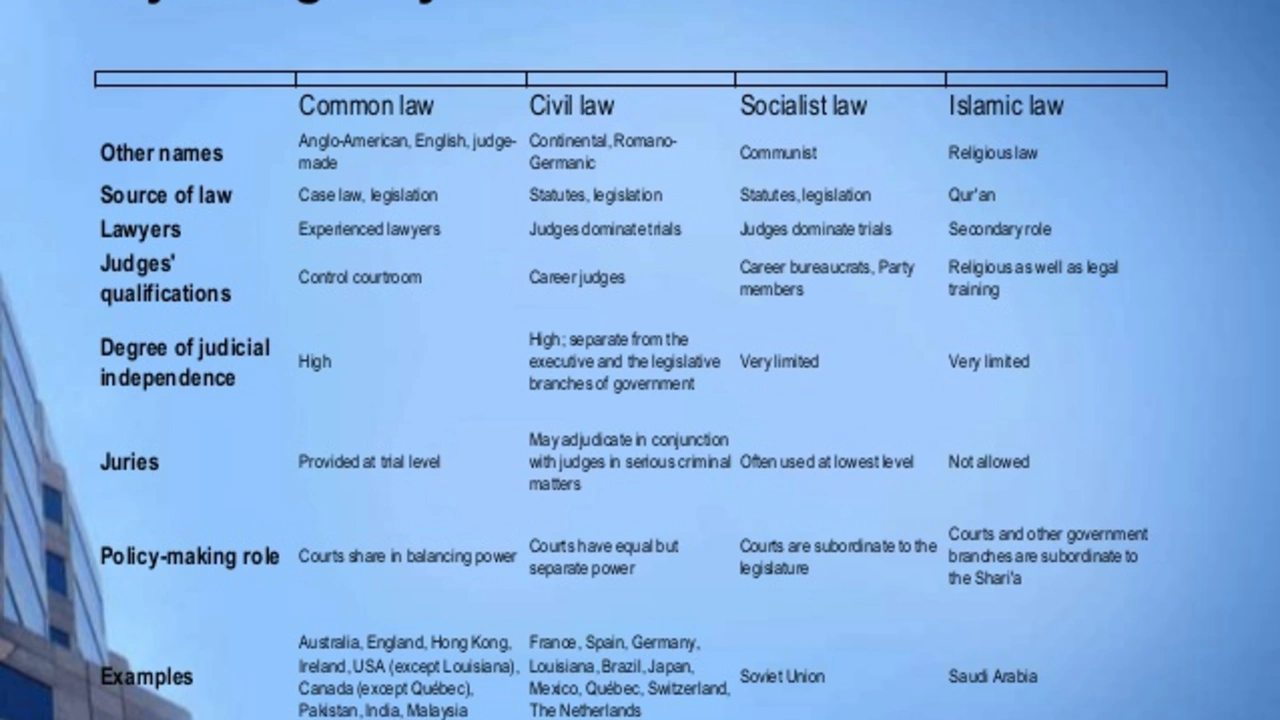Leprosy and the Law: What You Need to Know (August 2023)
August 2023 on Medisave.SU focused on one clear topic: how the law protects people with leprosy. The post "Leprosy and the Law: Legal Protections for Affected Individuals" breaks down rights, common problems people face, and realistic steps to secure treatment and defend against discrimination. If you or someone you care about is dealing with leprosy, this month’s coverage gives straight answers and practical actions.
What legal protections usually cover
Most modern laws make three things clear: people with leprosy have a right to healthcare, a right to be free from discrimination, and a right to privacy. That means access to multi-drug therapy (MDT) and follow-up care should not be denied because of stigma. Employers and schools generally can’t bar someone just because they have leprosy. Medical records and diagnosis are normally private, so forced public disclosure or shaming is illegal in many places.
There are also protections against forced isolation or detention in outdated quarantine facilities. If a court or public health order is needed, it usually must follow strict rules and offer legal review. Some countries provide disability benefits or workplace accommodations when leprosy causes lasting impairments—ramped access at work, modified duties, or social support payments.
Practical steps to take right now
First, get a confirmed diagnosis and start treatment. MDT is effective and widely available; early treatment prevents disability. Keep copies of medical records, prescriptions, and any official notices—these are your evidence if rights are violated.
If you face discrimination at work, school, or housing, document it: dates, people involved, what was said or done. Ask your employer or institution in writing for reasonable accommodation before escalating. If that fails, contact a local health department, a human rights commission, or a legal aid service. Many countries have NGOs that specialize in leprosy support—reach out to them for both medical guidance and advocacy.
Protect your privacy: request confidentiality in writing from healthcare providers and employers. If someone threatens to publish your medical details, tell them your rights and report the threat to authorities. For immigration or travel questions, check current public health rules and bring medical letters explaining treatment and non-contagious status after starting MDT.
Dealing with stigma is part medical and part social. Share reliable facts with family and coworkers—simple explanations often reduce fear. Join peer support groups to learn how others handled legal or workplace battles. Legal action can help, but recorded evidence and local support groups make a faster difference in everyday life.
August’s post is a practical resource: it names rights, lists steps to claim them, and points readers to the kinds of organizations that help. If you want, we can point you to common international resources and sample letters to request workplace accommodations or file a complaint.
Well folks, let's dive into a topic that's as fascinating as it is important - leprosy, and how the law protects our buddies who are affected by it. Now, I know what you're thinking - "Leprosy?! Isn't that from the olden days?" You're right, but it’s still around and it’s a serious matter. The good news? The law has got their backs! It ensures their rights aren't trampled on, like ensuring access to treatment and protection from discrimination. So, while leprosy might sound like a medieval issue, it's very much a modern day concern for law and human rights. That's our legal system, always ready to joust for justice!

